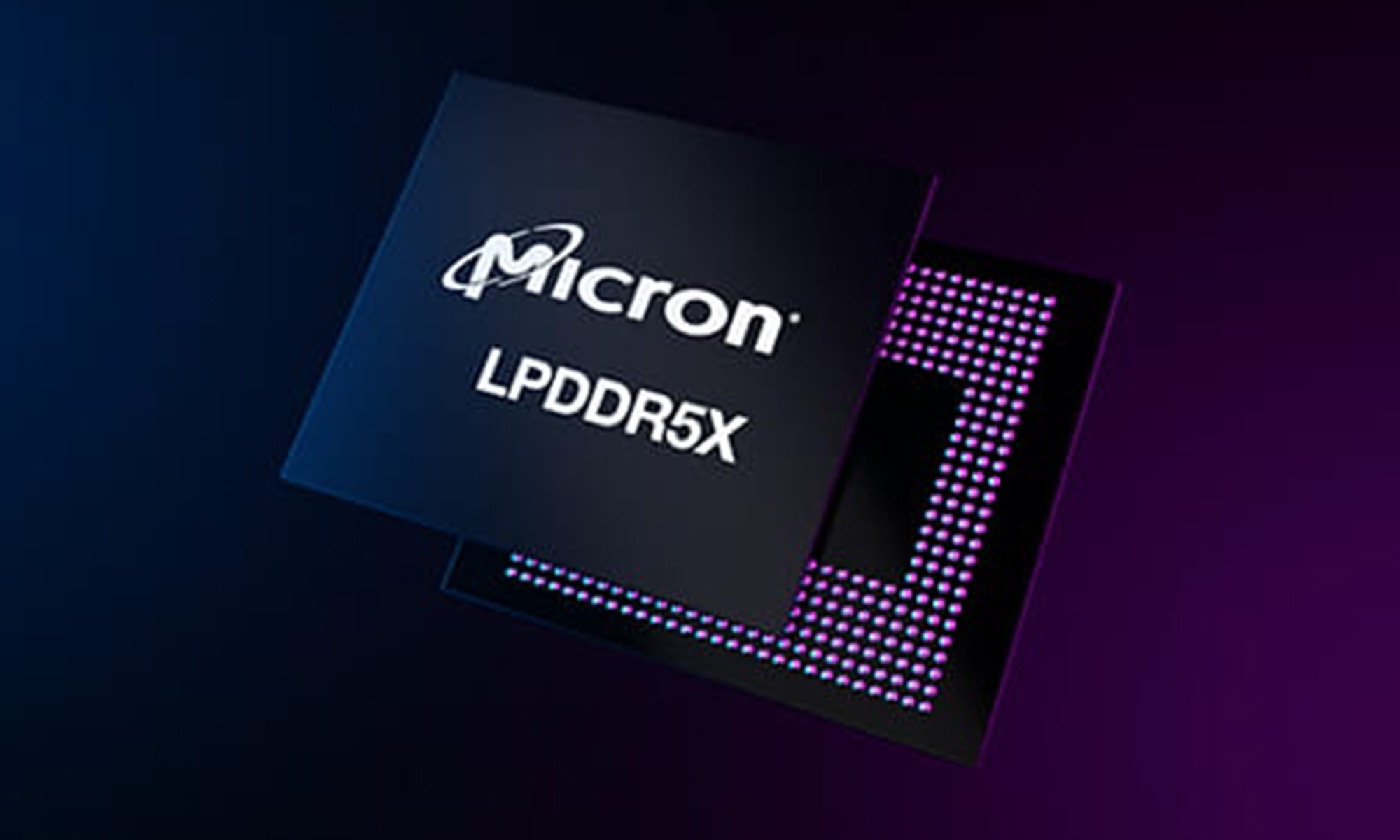The demand for artificial intelligence (AI) chips has been increasing at a nice pace in the past few years. Major cloud service providers (CSPs), hyperscalers, and governments have been spending a lot of money on shoring up their cloud infrastructure so that they can run AI workloads.
This explains why the businesses of Advanced Micro Devices (AMD +2.29%) and Micron Technology (MU +0.52%) have gained terrific traction in recent quarters. As a result, shares of both these chip designers have clocked impressive gains in the past three months. AMD has jumped 32% during this period, and Micron stock is up 36%.
But if you had to put your money into just one of these AI semiconductor stocks right now, which one should it be? Let's find out.

Image source: Getty Images.
The case for Advanced Micro Devices
AMD designs chips that go into personal computers (PCs), servers, and gaming consoles, and for other applications such as robotics, automotive, and industrial automation. AI has created impressive demand for the company's chips in these areas, leading to healthy growth in its top and bottom lines.
The company's revenue in the first quarter of 2025 was up by 36% from the year-ago period to $7.4 billion, while non-GAAP earnings per share shot up by 55% to $0.96. This solid growth was primarily driven by the data center and PC markets, which accounted for 81% of its top line. AMD's data center revenue was up by 57% from the year-ago period, while the PC business reported a 68% increase.
In the data center business, AMD sells both central processing units (CPUs) and graphics processing units (GPUs) that are deployed in AI servers. The demand for both these products is strong, which is evident from the terrific growth the company recorded in Q1. Importantly, AMD estimates that the market for AI accelerator chips in data centers could create a $500 billion annual revenue opportunity in 2028.

NASDAQ: AMD
Key Data Points
So, the outstanding growth that AMD clocked in the data center business in Q1 seems sustainable, especially considering that it generated $12.6 billion in revenue from data center chip sales last year -- nearly double the 2023 revenue. AMD is pushing the envelope on the product development front with new chips that are expected to pack in a serious performance upgrade and may even help it take market share away from Nvidia.
Meanwhile, AMD's consistent market share gains in PC CPUs make it a solid bet on the secular growth of the AI PC market, which is expected to clock an annual growth rate of 42% in shipments through 2028. All this indicates that AMD is on track to take advantage of the growing adoption of AI chips in multiple applications, and that's expected to lead to an acceleration in its bottom-line growth.
Consensus estimates are projecting a 17% jump in AMD's earnings this year, followed by a bigger jump of 45% in 2026. As such, this semiconductor company is likely to remain a top AI stock in the future as well.
The case for Micron Technology
Micron Technology manufactures and sells memory chips that are used for both computing and storage purposes, and the likes of AMD and Nvidia are its customers. In fact, just like AMD, Micron's memory chips are used in AI accelerators such as GPUs and custom processors, PCs, and the smartphone and automotive end markets.
Micron has been witnessing outstanding demand for a type of chip known as high-bandwidth memory (HBM), which is known for its ability to transmit huge amounts of data at high speeds. This is the reason why HBM is being deployed in AI accelerators, and the demand for this memory type is so strong that the likes of Micron have already sold out their capacity for this year.
Not surprisingly, Micron is ramping up its HBM production capacity, and it's going to increase its capital expenditure to $14 billion in the current fiscal year from $8.1 billion in the previous one. The company's focus on improving its HBM production capacity is a smart thing to do from a long-term perspective, as this market is expected to grow to $100 billion in annual revenue by 2030, compared to $35 billion this year.

NASDAQ: MU
Key Data Points
Micron's memory chips are used in PCs and smartphones as well. Apart from the growth in unit volumes that AI-enabled PCs and smartphones are expected to create going forward, the amount of memory going into these devices is also expected to increase. CEO Sanjay Mehrotra remarked on the company's latest earnings conference call:
AI adoption remains a key driver of DRAM content growth for smartphones, and we expect more smartphone launches featuring 12 gigabytes or more compared to eight gigabytes of capacity in the average smartphone today.
Similarly, AI-enabled PCs are expected to sport at least 16GB of DRAM to run AI workloads, up by a third when compared to the average DRAM content in PCs last year. So, just like AMD, Micron is on its way to capitalizing on multiple AI-focused end markets. However, it is growing at a much faster pace than AMD because of the tight memory supply created by AI, which is leading to a nice increase in memory prices.
The favorable pricing environment is the reason why Micron's adjusted earnings more than tripled in the previous quarter to $1.91 per share on the back of a 37% increase in its top line. Analysts are forecasting a 6x jump in Micron's earnings in the current fiscal year, and they have raised their earnings expectations for the next couple of years as well.
MU EPS Estimates for Current Fiscal Year data by YCharts.
So, Micron stock seems poised to sustain its impressive growth momentum, thanks to the AI-fueled demand for HBM.
The verdict
Both AMD and Micron are growing at solid rates, with the latter clocking a much faster pace thanks to the favorable demand-supply dynamics in the memory industry. What's more, Micron is trading at a significantly cheaper valuation compared to AMD, despite its substantially stronger growth.
AMD PE Ratio data by YCharts.
Investors looking for a mix of value and growth can pick Micron over AMD, considering the former's attractive valuation and the phenomenal earnings growth that it can deliver. However, one can't go wrong with AMD either. The company should be able to justify its valuation in the long run, considering its ability to clock stronger earnings growth.







